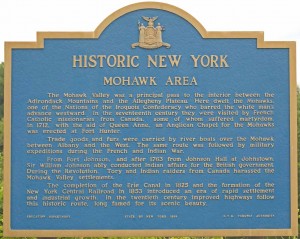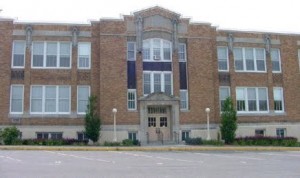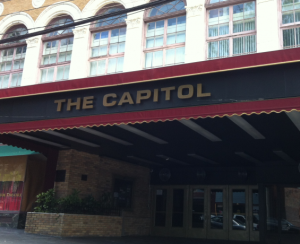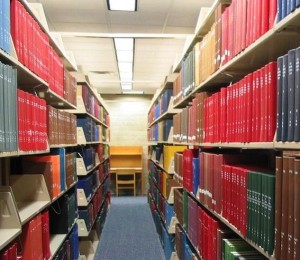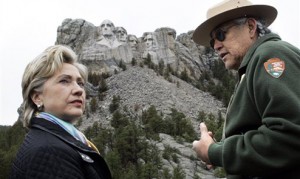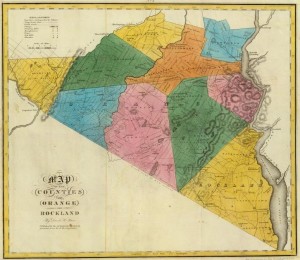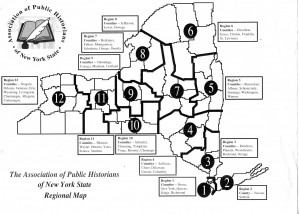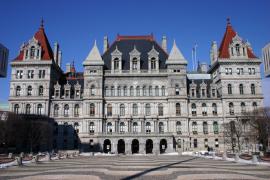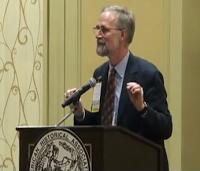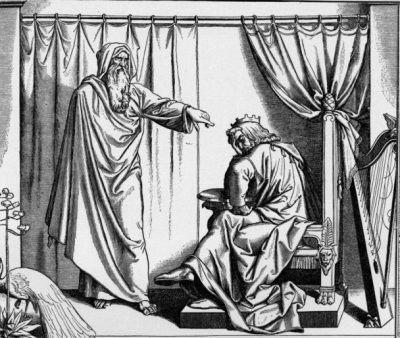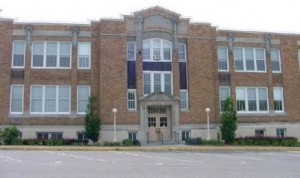
The high school local history conference is something I recommend every county should do. For the past two years, Rockland County has held such a conference. I attended both conferences and spoke briefly at the first one. This post is dedicated to some of the lessons I learned from the conference.
First, the Historical Society of Rockland County and the County Historian are to be congratulated for organizing the conference and for the people who did attend. The list includes the County Executive, the County Clerk, the County District Attorney, the County Legislative Chair, along with various town supervisors and municipal historians. One never knows where one will find history. For example the District Attorney, who in this case followed in his father’s footsteps, may have tales to tell about prosecutions which became part of the fabric of county history. Certainly the presence of these officials delivered a powerful message in support of local history. Continue reading “Notes On A High School Local History Conference”


